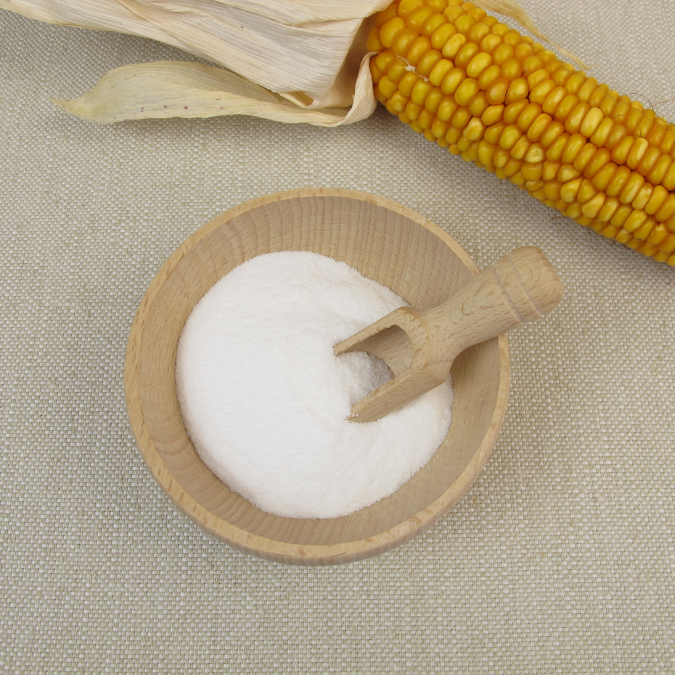In the modern age of processed foods, many of us find ourselves scanning ingredient lists more meticulously, trying to make sense of the various compounds and additives. For those on a gluten-free diet, this scrutiny is often more intense, driven by the need to avoid anything that might trigger health concerns. One ingredient that often raises eyebrows is dextrose. So, the million-dollar question: “Is dextrose gluten-free?” Let’s delve into the facts and find out.
Dextrose: A Brief Overview
Dextrose is a simple sugar, also known as glucose, derived from starches. It’s frequently used in food processing for its sweetening properties and is found in a wide variety of products, ranging from baked goods to candies and beyond.
The Gluten Context
Gluten is a protein complex found predominantly in wheat, barley, and rye. For individuals with celiac disease, non-celiac gluten sensitivity, or wheat allergies, consuming gluten can cause a range of symptoms, from digestive issues to more severe health concerns.
Dextrose and Gluten: Where’s the Link?
Dextrose can be derived from several starch sources, including corn, rice, and wheat. Here’s the breakdown:
- Corn-Based Dextrose: The vast majority of dextrose in the U.S. and many other countries is derived from corn, not wheat. Corn-derived dextrose is gluten-free.
- Wheat-Based Dextrose: Even when dextrose is derived from wheat, the process of breaking down the wheat starch to produce dextrose removes the gluten protein. By most standards, this makes wheat-based dextrose gluten-free. However, extremely sensitive individuals might opt to avoid it due to its wheat origin.
- Potential Contamination: As with many ingredients, there’s always a risk of cross-contamination. Dextrose could come into contact with gluten during the manufacturing process if processed in facilities that also handle gluten-containing grains.
Making Informed Choices
- Check Labels: Always read product labels for potential allergens. While dextrose itself is typically gluten-free, other ingredients in the product might not be.
- Know the Source: If you’re highly sensitive or simply wish to be cautious, you might prefer products that specify the source of dextrose (e.g., “corn dextrose”).
- Contact Manufacturers: When in doubt, reaching out directly to the manufacturer can provide clarity. They can offer information about the source of dextrose and their manufacturing processes.
In Conclusion
Dextrose, whether derived from corn or wheat, is generally considered gluten-free. However, those with high sensitivities or concerns about potential trace gluten might choose to approach wheat-derived dextrose with caution. With the rise in gluten-free awareness, many manufacturers are becoming more transparent about their ingredients and processes. As always, being informed and proactive is the best strategy when navigating the complex world of food ingredients. Stay sweet and gluten-aware!
